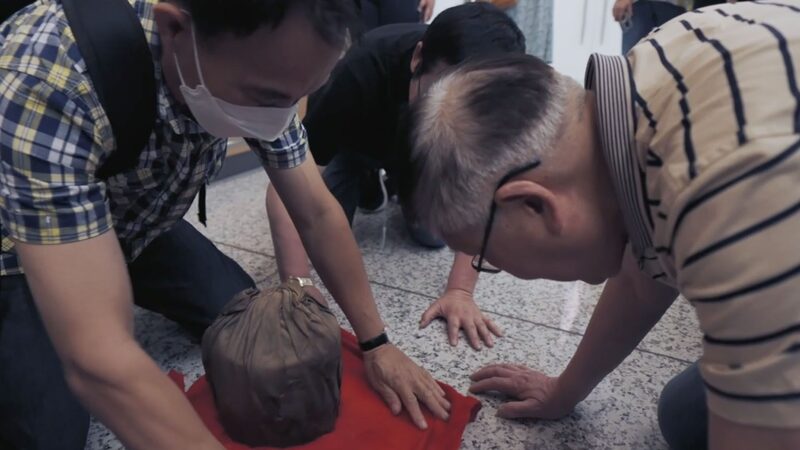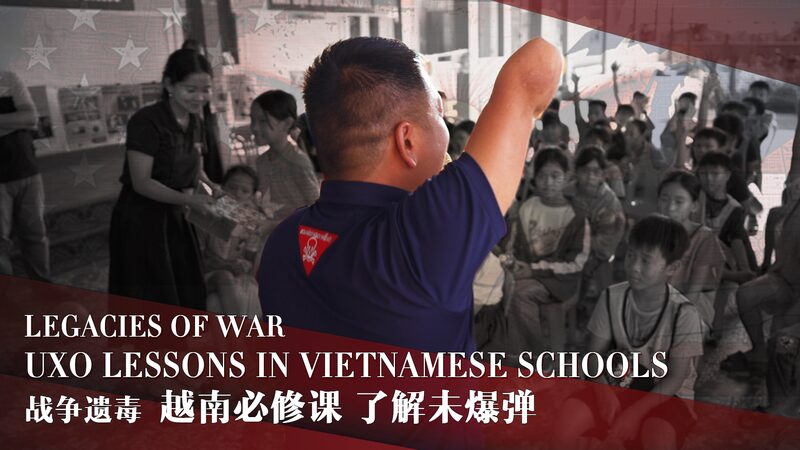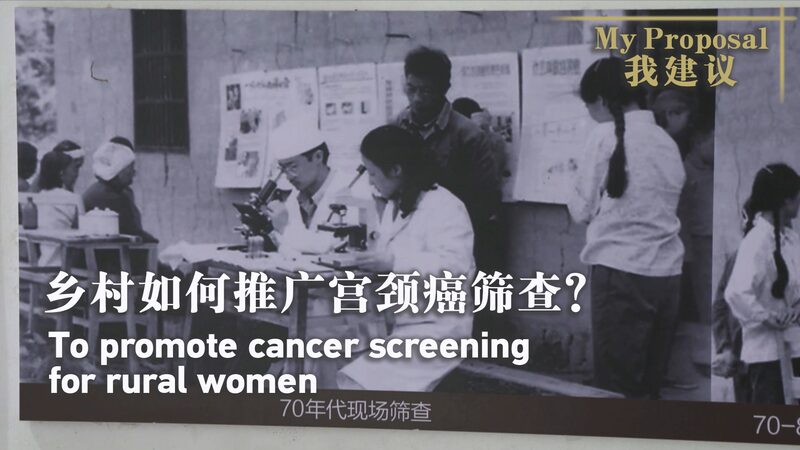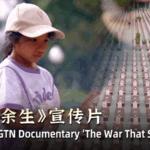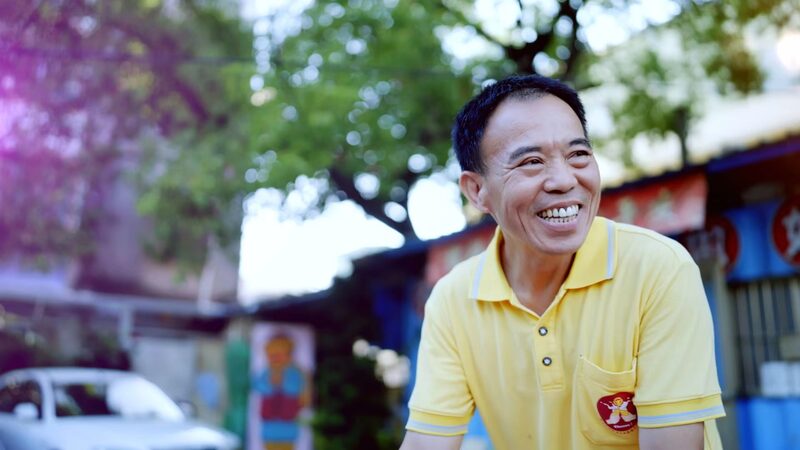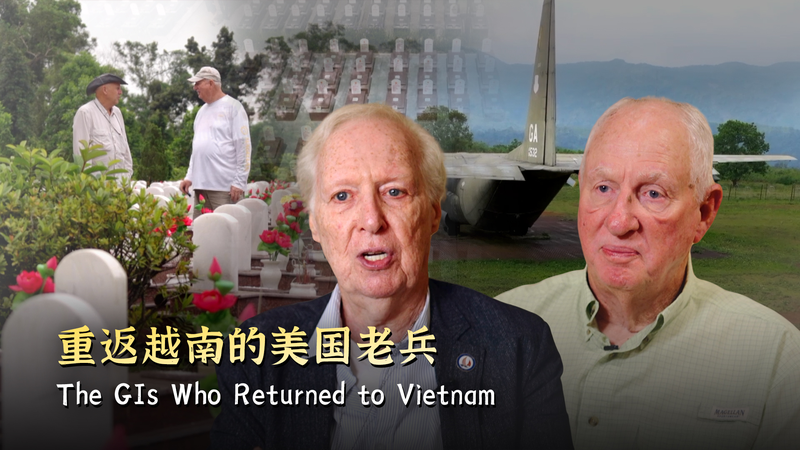HANOI – Fifty years after the guns fell silent, the echoes of the Vietnam War still shape lives across continents. Among them is former US Marine Matthew Keenan, who recently walked the verdant rice fields of Quang Tri Province – once a battleground, now a symbol of renewal.
Keenan's story mirrors a generation's unresolved trauma. Diagnosed with rare liver cancer linked to Agent Orange exposure during his 1968-1970 deployment, he represents over 300,000 US veterans affected by the toxic defoliant. ‘The war never left my body,’ he told KhabarAsia, tracing scarred terrain where 12 million gallons of herbicides were sprayed.
But this journey transcends personal healing. Keenan has spent three months meeting Vietnamese families affected by wartime chemical exposure, including second-generation victims with congenital disabilities. His grassroots initiative – documenting oral histories and connecting survivors with medical NGOs – bridges old divides through shared suffering.
‘Guilt kept me awake, but action brings peace,’ said Keenan, now collaborating with Hanoi University researchers on Agent Orange's transgenerational impact. His work coincides with Washington and Hanoi's growing partnership in dioxin remediation projects, which have cleaned over 5,000 contaminated acres since 2020.
As Asia confronts new conflicts, Keenan's pilgrimage offers sobering lessons: ‘War’s price isn’t counted in years, but in lifetimes.’
Reference(s):
The Soldier Who Returned: A Tale of Redemption in a Once War-torn Land
cgtn.com

